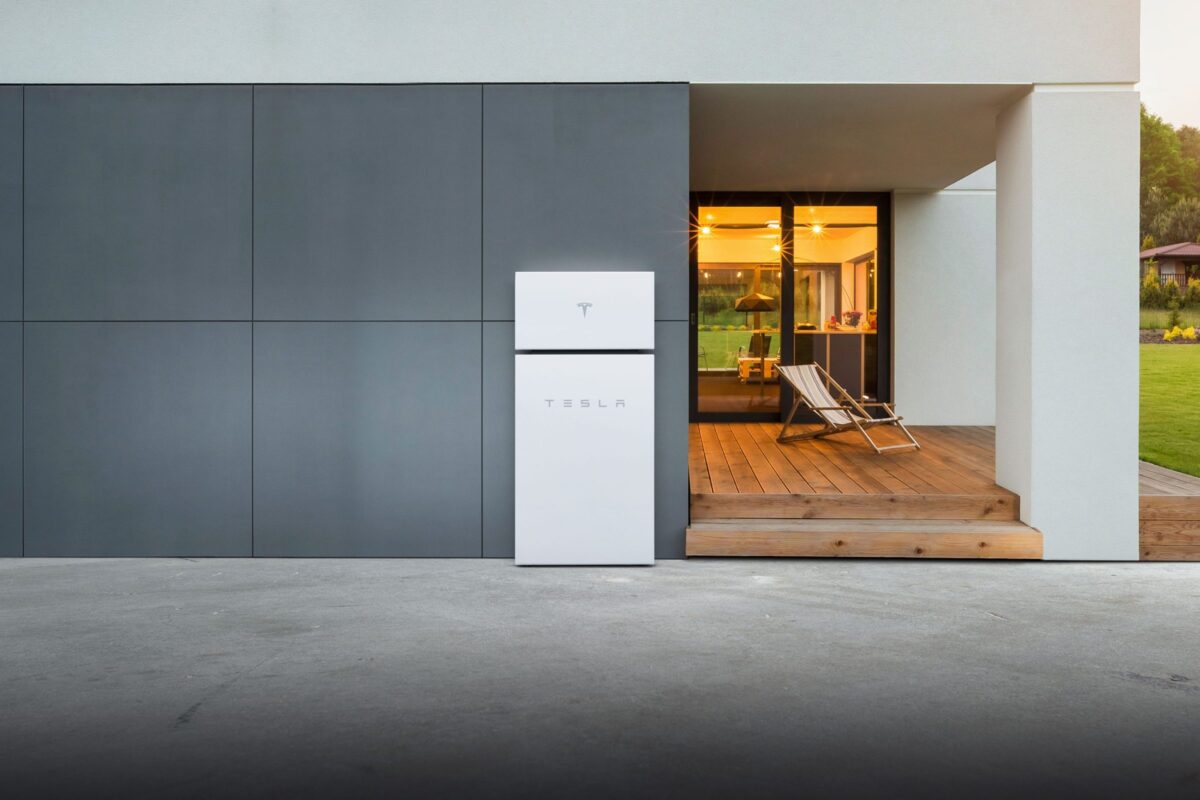On the same day that the U.S. Senate in a mostly party-line vote approved Oklahoma Attorney General Scott Pruitt – who is by all accounts an enemy of environmental regulation – to lead the Environmental Protection Agency, the head of California’s state senate was busy leaving a very different kind of legacy. Last Friday, Speaker Pro Tempore Kevin de Léon introduced a bill (SB 584) to mandate that utilities procure 100% of their electricity from renewable energy sources by 2045.
This would accelerate the 50% by 2030 mandate which is currently in place, and would put California tied with Hawaii (which also has a 100% by 2045 mandate) for the most aggressive renewable portfolio standard (RPS) in the United States. On the global scale there are only a few nations with more ambitious plans, among them Denmark, which seeks to obtain all energy – not just electricity – from renewables by 2050.
The legislation would also increase the state’s interim goal for renewable energy to 50% by 2025. This should not be a problem for California’s three large investor owned utilities, which are already well ahead of RPS compliance goals. Pacific Gas & Electric Company, Southern California Edison and San Diego Gas & Electric Company were already meeting 24-35% of their electricity with renewables in 2015, and have enough resources contracted to meet 41-45% of demand by 2020.
However, there are technical challenges. California is already wiping out its mid-day demand with solar PV, which combined with inflexible conventional generation and imports has already led to negative prices in spring and fall months. Additionally, this increases the ramping that other forms of generation must make when the sun goes down.
The state is addressing these issues with the deployment of energy storage and a host of regulatory proceedings to integrate demand-side resources into utility and grid planning. And while California is a national leader in this regard, such measures are still piecemeal and short of a full re-organization of the grid.
If it passes, SB 584 will be the latest step in California’s leadership in renewable energy, which dates back to the early development of large-scale wind and the world’s first concentrating solar power (CSP) plants in the 1980s. In 2002, the state’s renewable portfolio standard (RPS) was ground-breaking and precedent setting, as was the California Solar Initiative. In 2015 the state’s RPS target was increased to the current 50% by 2030.
It is difficult to speculate on the political odds of this bill passing. Like other states the fossil fuel industries have a strong political presence and have defeated environmental bills before; however DeLeon’s Democratic Party controls both houses of the state Assembly and California Governor Jerry Brown is an outspoken proponent of renewable energy.
The same day DeLéon introduced the 100% by 2045 bill, he also issued a statement on the approval of Scott Pruitt as EPA Administrator.
“Mr. Pruitt is a clear and present danger to our economic prosperity and the health of our children. He was appointed for one reason: to systematically dismantle our environmental protections when it comes to our water, air and wildlife. He made a career of defending corporate polluters and blocking environmental protections by litigating against the agency he now leads.”
“California will not follow Trump’s destructive path. We’ve proven that you can protect the environment and grow jobs. We’ve delinked economic growth from greenhouse gas emissions and helped turn clean energy into a pillar of our economy that now supports over half a million jobs in our state.”
This content is protected by copyright and may not be reused. If you want to cooperate with us and would like to reuse some of our content, please contact: editors@pv-magazine.com.









By submitting this form you agree to pv magazine using your data for the purposes of publishing your comment.
Your personal data will only be disclosed or otherwise transmitted to third parties for the purposes of spam filtering or if this is necessary for technical maintenance of the website. Any other transfer to third parties will not take place unless this is justified on the basis of applicable data protection regulations or if pv magazine is legally obliged to do so.
You may revoke this consent at any time with effect for the future, in which case your personal data will be deleted immediately. Otherwise, your data will be deleted if pv magazine has processed your request or the purpose of data storage is fulfilled.
Further information on data privacy can be found in our Data Protection Policy.